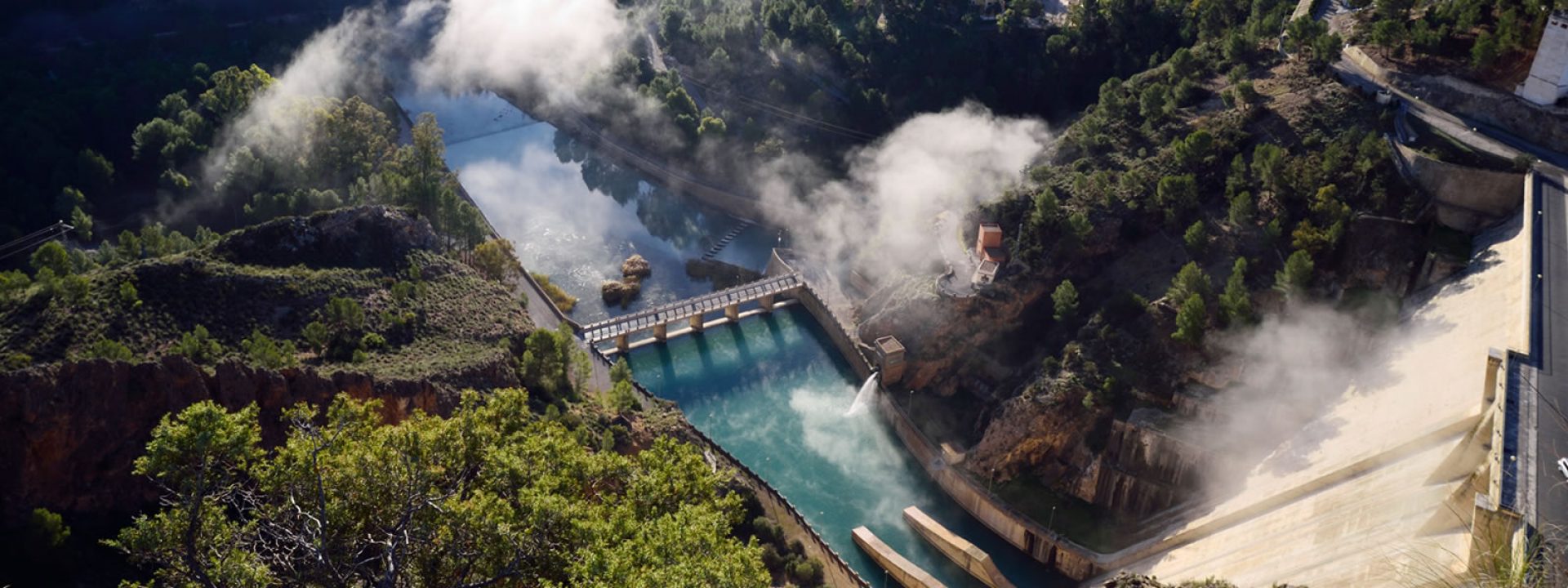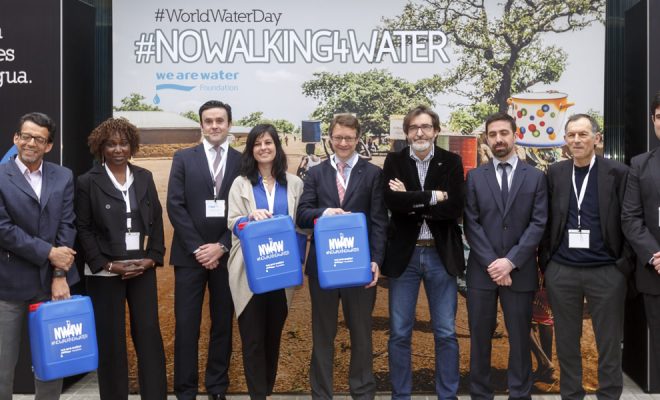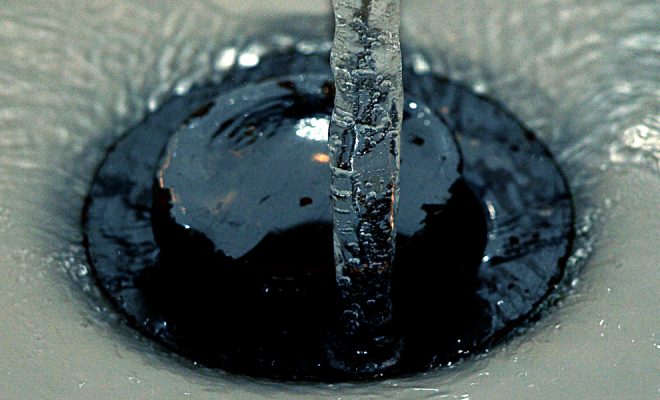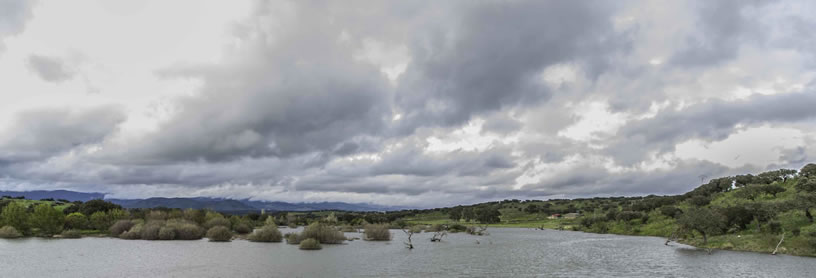
©Leticia Ayuso
Extremadura Swamps
In 2010, the General Assembly of the United Nations explicitly recognised the human right to drinking water and sanitation, reasserting that both are essential for the attainment of all other rights. One of the special features of this universal right is that it is necessary to make a significant investment in infrastructures, technology and research for it to go into effect. Without this it is not possible to have sufficient and acceptable, physically accessible and affordable water, as outlined in the United Nations resolution, which urges countries and international organisations to provide financial resources, to promote training activities and the transfer of technology to help developing countries in their path.
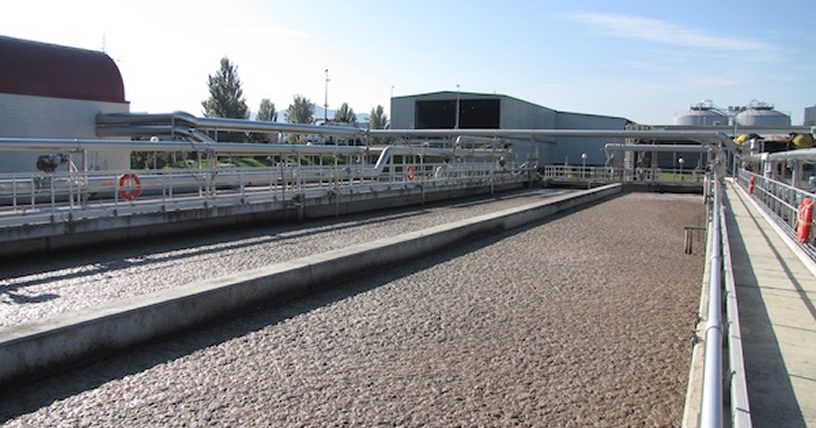
©ICRA
In the socio-political context, water is defined as a “public good”, and the belief that it should be managed by public entities is therefore understandable, as these are in theory the property of all citizens and their profitability is evaluated in social rather than in financial terms, such as the job creation, the distribution of wealth, the training opportunities, etc.
This vision, which is deeply rooted in broad sectors of the population, often tends to reject the participation of private companies in the management of water. As highlighted by Sergio Bitar, former Chilean minister, in a conference organised by the We Are Water Foundation in Barcelona, once we mention the privatisation of the water supply many put their hands in their head: “How can the access to water, which is an essential human right, depend on a private company?” This is a reaction that is often powered by the political demagogy that hinders a rational collective reflection on a fundamental issue: in order to be able to exercise the human right to water, its management needs to be efficient to avoid the squandering and to achieve newly built infrastructures for the supply and sanitation that are profitable and work as planned.

It needs to be understood that, when it comes to water resources, efficiency is a multifaceted concept. In general it means “to do more and better with less”; that is, to obtain more value with the available resources and to reduce their consumption. Regarding water it is also essential to avoid pollution and the environmental impact in each step of the value chain and above all, to guarantee the supply in critical periods.
Although in many cases public companies are very efficient, private ones seem to have more technological capacity to attain this effectiveness and to develop a price policy that is more adapted to real costs. The economist Ramón Tamames supports this idea. In an interview in iAgua he assured that “private companies, always subject to major criticism and to greater competence in the market, can generally supply a more convenient service for citizens.”
A debate that should not lead to confusion
This debate has spread throughout Europe with passionate ideological confrontations, leading very often to the neglect of the practical approach that should always prevail: the achievement of the maximum level of water security, something that is vital in those areas that are menaced by the lack of availability, in view of climate change. Spain is one of these areas.
Although private companies are not the only efficient ones, however, they hold the search for technological excellence and innovation in their competitive DNA. This quality is even more evident in those companies that work with a sufficiently large critical mass of users to apply R+D+I with the appropriate financing and to move forward in the field of Information and Communication Technologies in order to achieve the utmost efficiency and ensure the supply in critical periods.
When it comes to protecting the water security of citizens and the effectiveness of its management, the mixed model of licenses is the one preferred by most experts. In this model, the State, owner of the water, hands over the management of the service to private companies based on the criteria of effectiveness and environmental friendliness. In this case, the public and private spheres are ideally balanced: the first part protects the general interest and the other one includes efficiency, innovation, technology and flexibility.
However, this model also presents socio-political and hydrological difficulties that need to be solved. Sergio Bitar explained the case of Chile, a country that has experienced a transition from the total privatisation at the time of the Pinochet dictatorship to a system of licenses: “Water is a human right that the State and society need to guarantee. The State hands over this right as a renewable license and there is where the complex debate arises: What conditions need to apply for these licenses? And what are the responsibilities of the State when it comes to prioritizing human consumption in the event of a crisis? We are working on this and it is not an easy task, because very often the rights that are handed over exceed the available water.”
Here is when a number of controversial factors come into play, such as the period of time granted in the license, which in fact creates a monopolistic situation, and how to include in the water invoice the taxes that are charged. In Spain, there is no regulation that compels municipal governments to invest the said tax in infrastructures or improvements of the water and sanitation services, and the recent corruption episodes have intoxicated this debate even more.

©Jose A.
Corumbel Swamp-La Palma del Condado (Huelva). Spain.
The water price in the eye of the hurricane
In Spain, as in many other parts of the world, the price of water is the most visible element of this controversy. According to data from AEAS (the Spanish Association for the Supply of Water and Sanitation), nowadays the existing rates do not cover the costs and in many cases they only reach operational expenses. However, the water invoice in Spanish households accounts for 0.9% of the family budget, significantly lower than the 3% established by United Nations as a limit to ensure the right to affordability. Regardless of how the final costs are assessed, it is evident that we need to make an effort in terms of building up awareness of this privileged situation, especially if we take into account that Spain is one of the countries in the EU with the highest hydric stress and one that is definitely menaced by climate change.
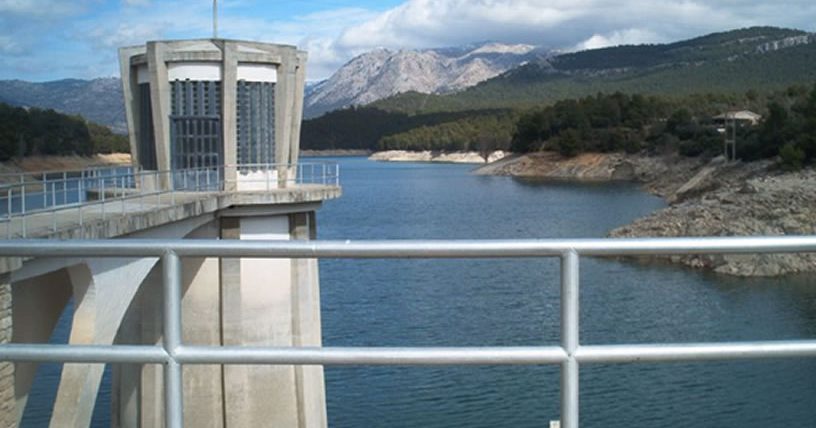
©Luis Guerrero
La Bolera Reservoir. Pozo Alcón. Sierra de Cazorla. Spain.
We also need to take into account that in Spain, we replace the water supply system at an annual 0.9% and the sewerage network, which is in poorer condition, at a rate of 0.6%; and that we have a rate of non-registered water of 23%, which is the water that is lost in the supply system. Investments and updated technology are therefore essential to continue perpetuating what Alejandro Maceira, founding partner of iAgua, defined as “the miracle of supplying sufficient high quality water to 45 million Spaniards and over 50 million tourists all year round in one of the most arid areas of the planet.”
On the other hand, the danger of licensing above the real capacity of the basin, as highlighted by Bitar, directly affects water security, a danger that climate change can only increase. The uncertainty regarding the availability of water in the future is a crucial issue, which forces us to take into account the integral water cycle before coming to any decision. This implies raising awareness of what happens beyond our tap, not only upstream, but also downstream, and above all we need to have a sensible vision of water as an all-encompassing good that affects all sectors. It is not possible to segment problems by basins or towns without lapsing into a stagnated fragmentation, as declared by Gonzalo Delacámara, coordinator of the Water Economy Group and UN consultant: “We find an additional difficulty in Spain as a regulatory body does not exist, and therefore the regulation is carried out ad hoc in each agreement; this leads to an excess regulation, which does not work.”

The need for an independent regulatory body, with sufficient capacity to establish tariff criteria and to ensure the compliance with the objectives of efficiency and mainstreaming in management, is an opinion shared by most experts, citizen and environmental associations and public operators. This body should always take into account the integral water cycle and ensure the correct operation of the social action mechanisms that avoid hydric evictions and favour a fair assessment of taxes, something that is currently very unequal in Spain.

Forced to collaborate
We face a situation we need to solve, because there is not much time left. In many areas of the planet water is no longer a renewable good and the future is not promising. The conflict between the public and private sphere should not conceal the real problems of water and the most intelligent thing, from a global perspective, would be to achieve a fair collaboration between both sectors to guarantee the fulfilment of the universal right to water and sanitation. This collaboration should create an added value and generate knowledge and technology that might be transferred to the more disadvantaged communities later on. The UN has understood this, considering that thanks to an adequate public-private collaboration 2.1 billion people have attained the access to drinking water in the last decade. This right is still denied to 663 million people. We are compelled to create efficient management systems. This is also a human right.

©Rodrigo Soldon
Parana River. Cuenca del Plata. South America.


